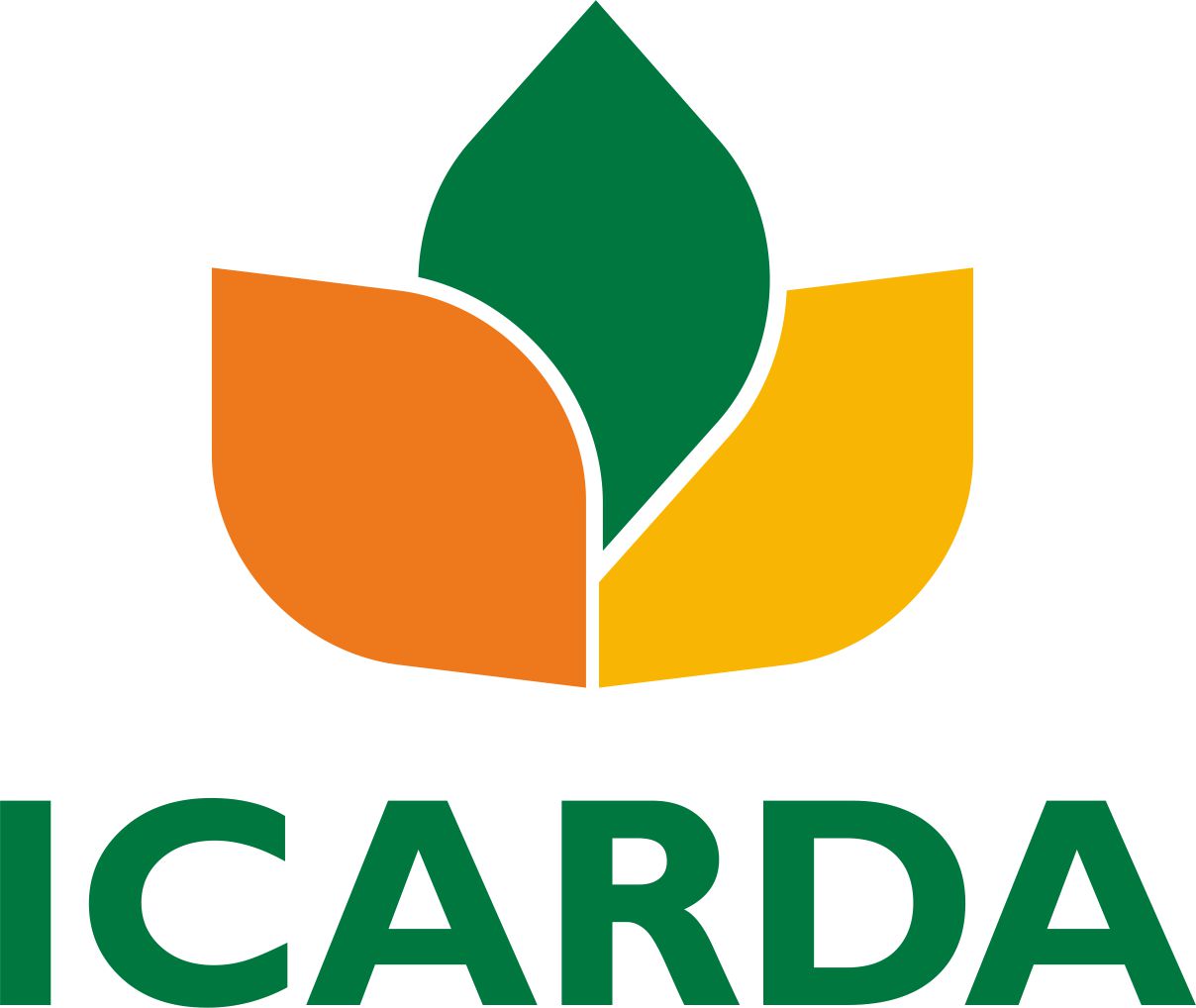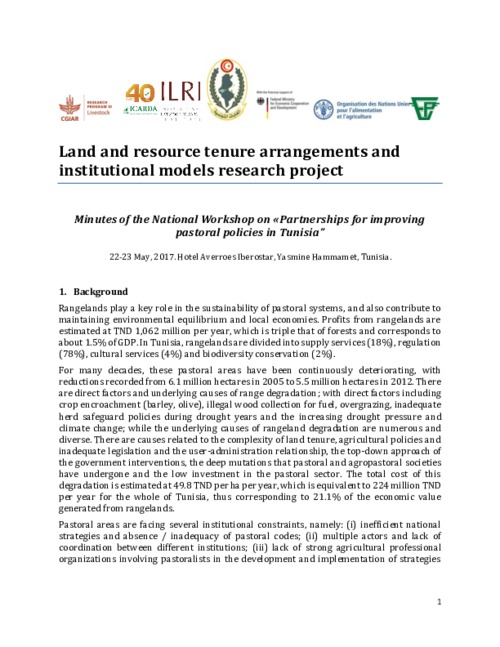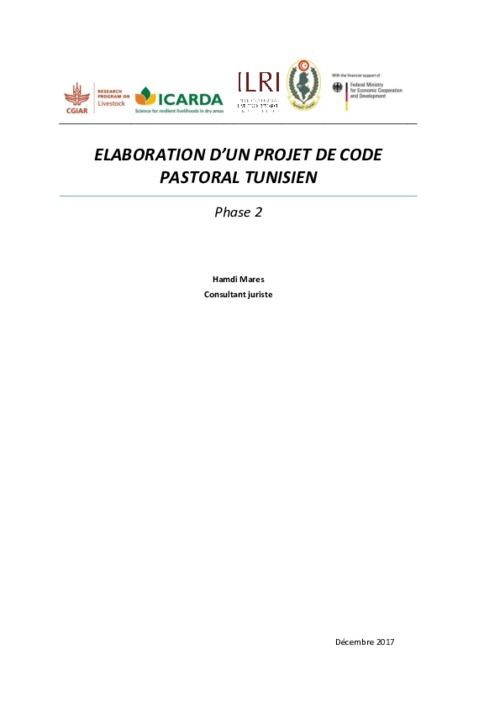Location
The International Center for Agricultural Research in the Dry Areas (ICARDA) was established in 1977. It is one of 15 such centers supported by the CGIAR. ICARDA’s founding mandate to promote agricultural development in the dry areas of developing countries remains highly relevant today.
ICARDA works with a tight focus on the problem-solving needs of resource-poor farmers, achieving this through the in-field delivery of its research outputs. Although global food production has increased by 20 per cent in the past decade, food insecurity and poverty remain widespread, while the natural resource base continues to decline.
International research centers such as ICARDA, which have helped drive previous improvements, continue to deliver new technologies to support sustainable growth in agriculture, and crucially, to work with a wide range of partners to accelerate the dissemination of these technologies.
ICARDA’s biggest strength is its staff – 600 highly skilled men and women from 32 countries. Our research and training activities cover crop improvement, water and land management, integrated crop-livestock-rangeland management, and climate change adaptation.
Other interventions include:
- Water harvesting - supplemental irrigation and water-saving irrigation techniques
- Conservation agriculture methods to reduce production costs and improve sustainability
- Diversification of production systems to high-value crops – horticulture, herbal and medicinal plants
- Integrated crop/rangeland/livestock production systems including non-traditional sources of livestock feed
- Empowerment of rural women – support and training for value-added products.
The ICARDA genebank holds over 135,000 accessions from over 110 countries: traditional varieties, improved germplasm, and a unique set of wild crop relatives. These include wheat, barley, oats and other cereals; food legumes such as faba bean, chickpea, lentil and field pea; forage crops, rangeland plants, and wild relatives of each of these species.
ICARDA’s research portfolio is part of a long-term strategic plan covering 2007 to 2016, focused on improving productivity, incomes and livelihoods among resource-poor households.
The strategy combines continuity with change – addressing current problems while expanding the focus to emerging challenges such as climate change and desertification.
We work closely with national agricultural research systems and government ministries. Over the years the Center has built a network of strong partnerships with national, regional and international institutions, universities, non-governmental organizations and ministries in the developing world and in industrialized countries with advanced research institutes.
THE ‘DRY AREAS’
Research and training activities cover the non-tropical dry areas globally, using West Asia, North Africa, Central Asia and the Caucasus as research platforms to develop, test, and scale-out new innovations and policy options.
Dry areas cover 41 per cent of the world’s land area and are home to one-third of the global population. About 16 per cent of this population lives in chronic poverty, particularly in marginal rainfed areas. The dry areas are challenged by rapid population growth, frequent droughts, high climatic variability, land degradation and desertification, and widespread poverty. The complex of relationships between these challenges has created a "Poverty Trap."
Members:
Resources
Displaying 61 - 65 of 431Summarized review of the recent rangeland restoration policies and programs conducted in Jordanian Badia
This report summarizes the work done during 2017 to review the relevant policies, programs, and interventions implemented during the recent decades in Badia, as part of Activity A6.
Types of soil and water conservation (SWC) and water harvesting (WH) interventions implemented in Jordan Badia
This report summarizes the work done during 2017 to elaborate a typology of the SWC and WH structures implemented in the Badia rangelands, based on both literature and remote sensing evidence, as part of Activity A6.
Minutes of the first National Workshop on the Pastoral Code
Within the framework of its collaboration with Tunisia, the International Center for Agricultural Research in the Dry Areas (ICARDA), with the financial support of the CRP Livestock Program led by ILRI and the BMZ / GIZ, organized a workshop on "Partnerships to improve pastoral policies in Tunisia". This workshop represents an important step towards a better pastoral policy in Tunisia, by developing strategies for updating the pastoral code aiming at better governance of rangelands.
Problem analysis of present pastoral law texts related to rangelands in Tunisa
Identification institutional and legal limitations that hamper the development of rangelands taking into account the requirements of the rational management of natural resources, the compliance to the clauses of international resolutions, and the local and decentralized development
The database of the PREDICTS (Projecting Responses of Ecological Diversity In Changing Terrestrial Systems) project
The PREDICTS project—Projecting Responses of Ecological Diversity In Changing
Terrestrial Systems (www.predicts.org.uk)—has collated from published studies a
large, reasonably representative database of comparable samples of biodiversity
from multiple sites that differ in the nature or intensity of human impacts relating to
land use. We have used this evidence base to develop global and regional statistical
models of how local biodiversity responds to these measures. We describe and







